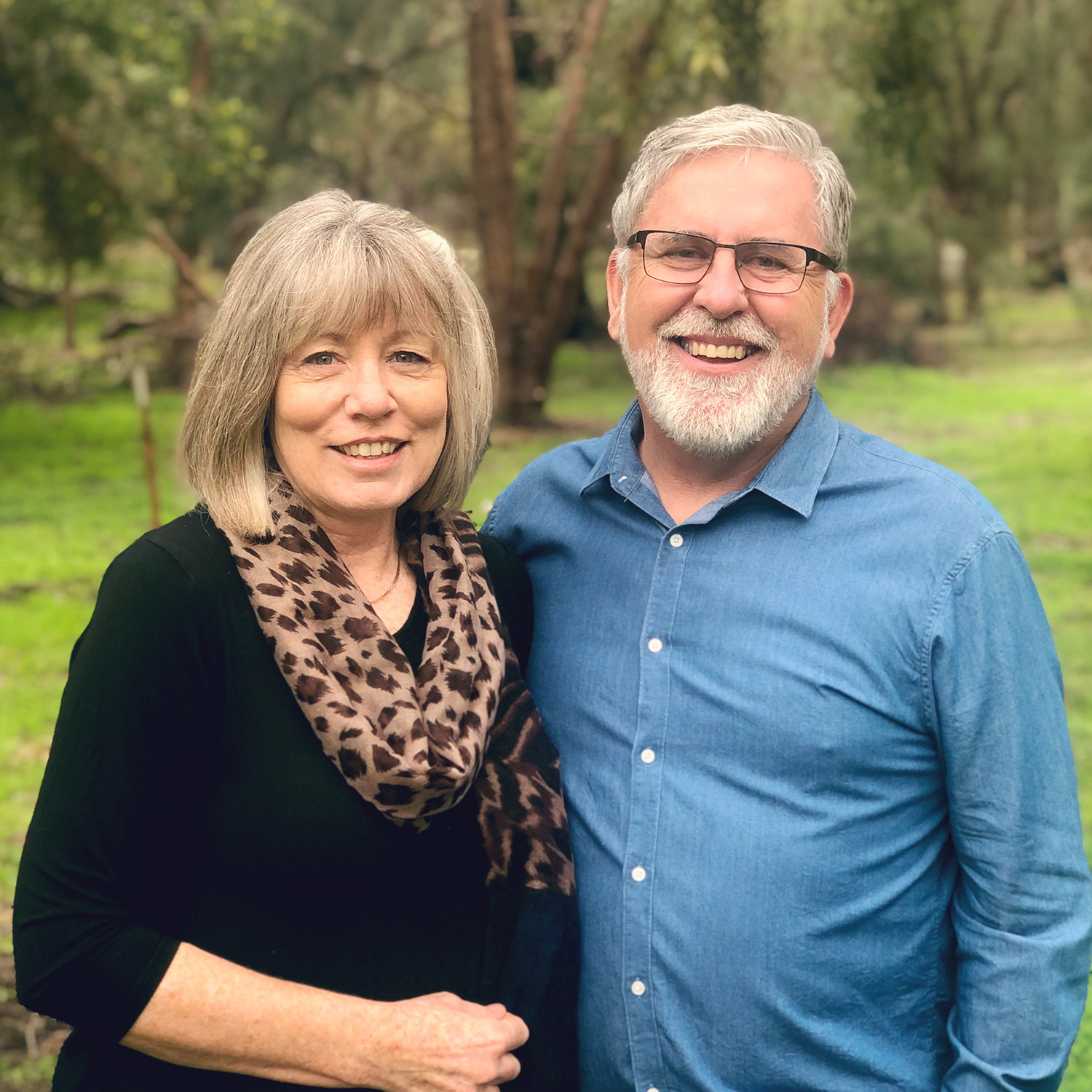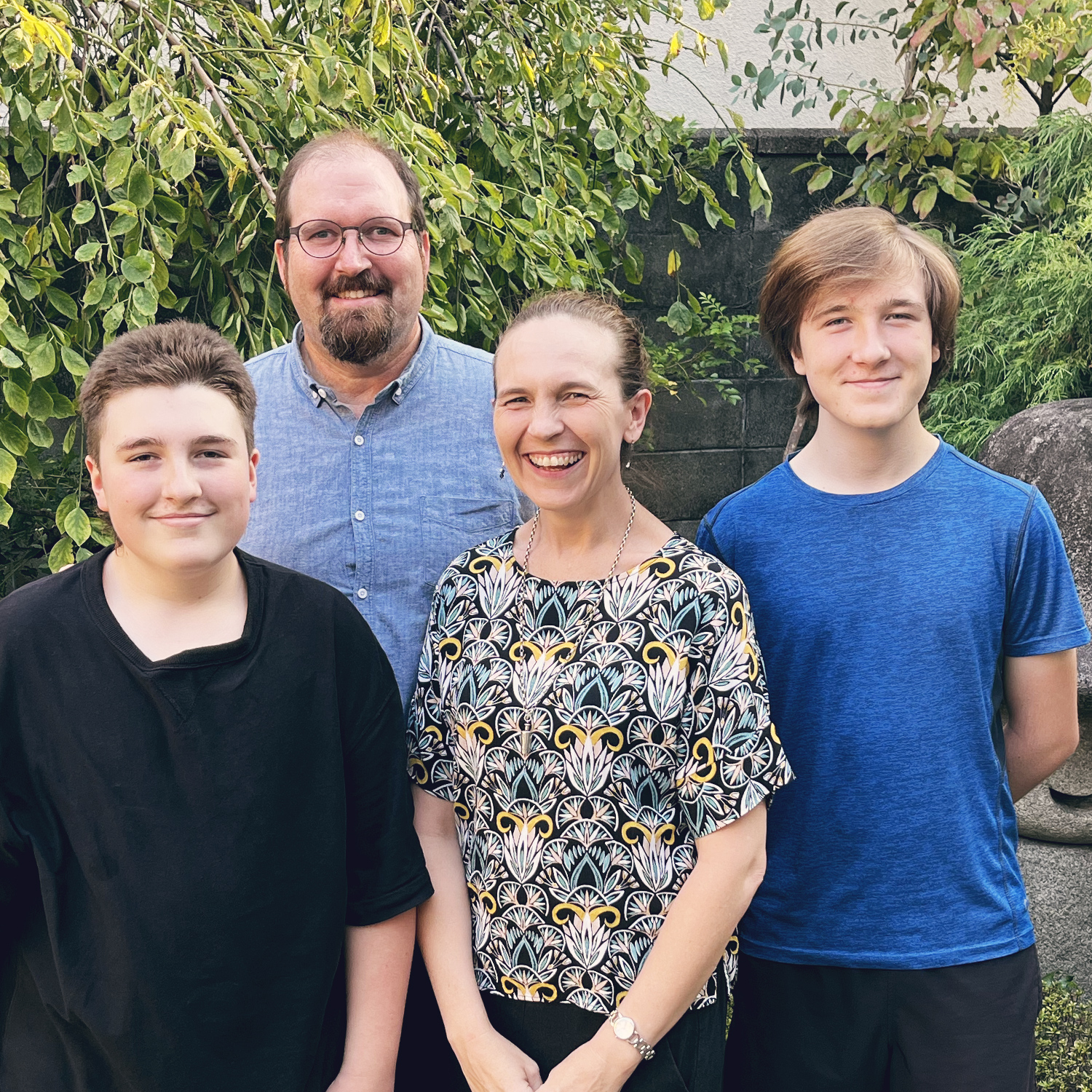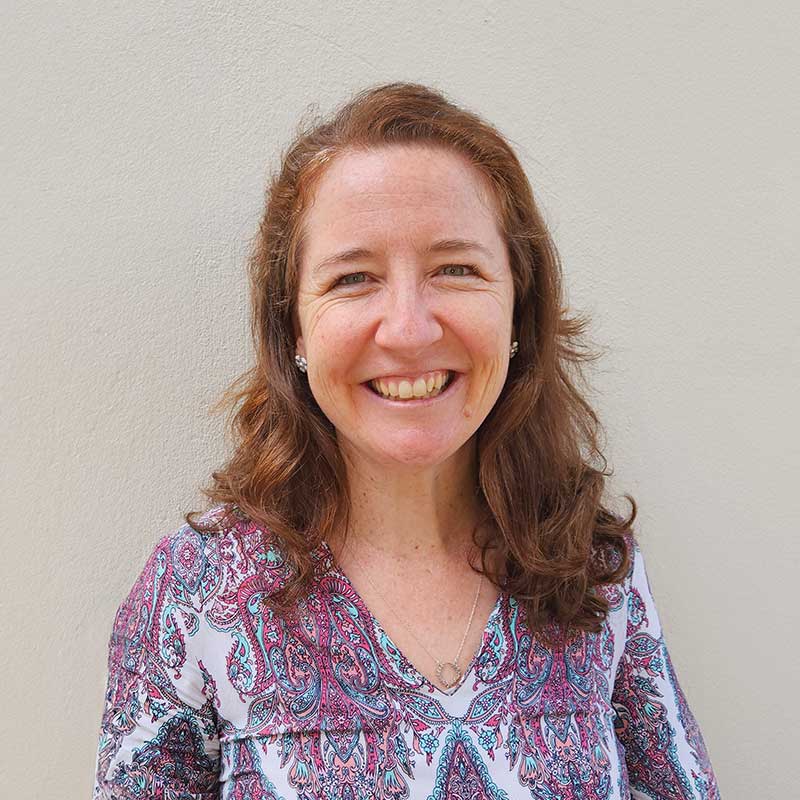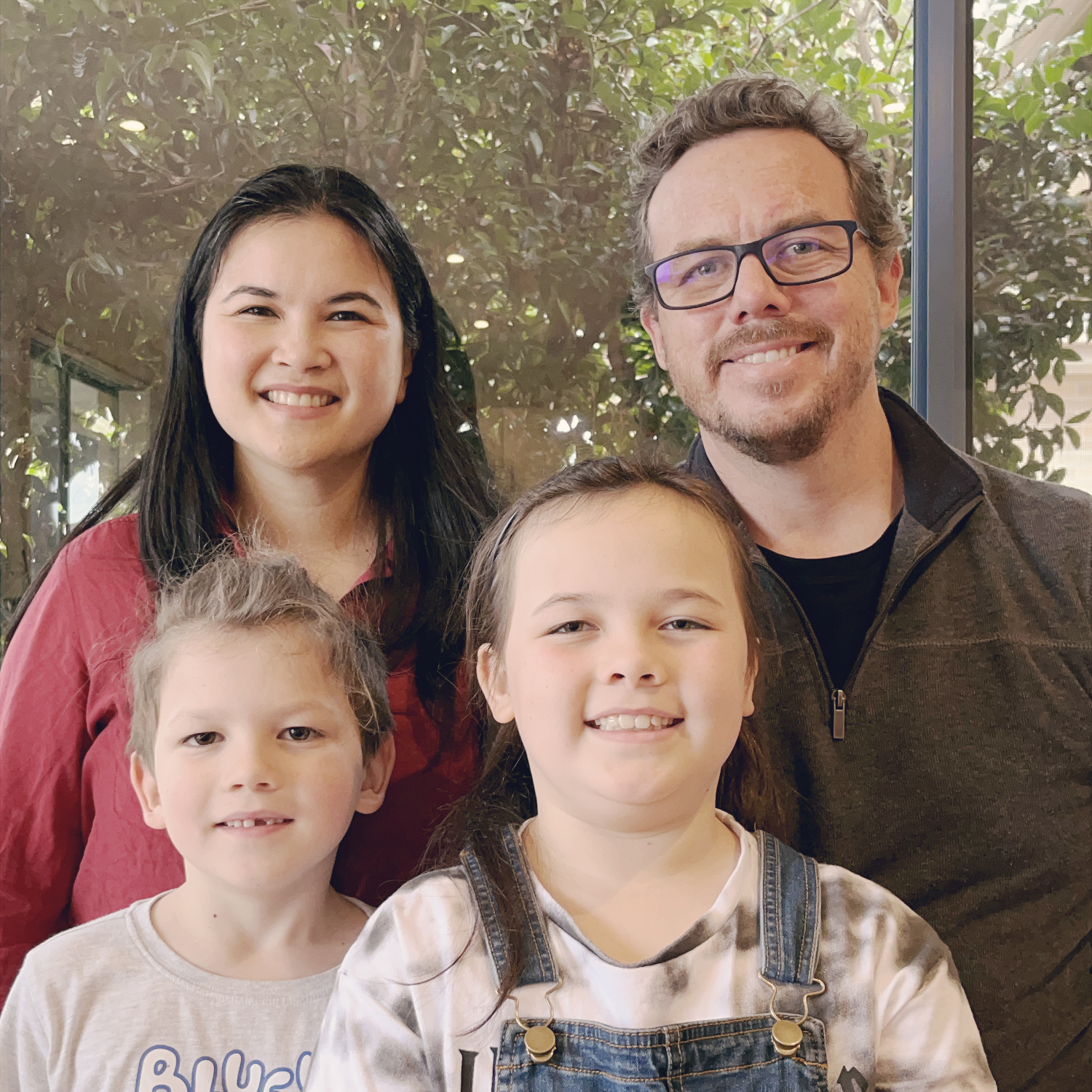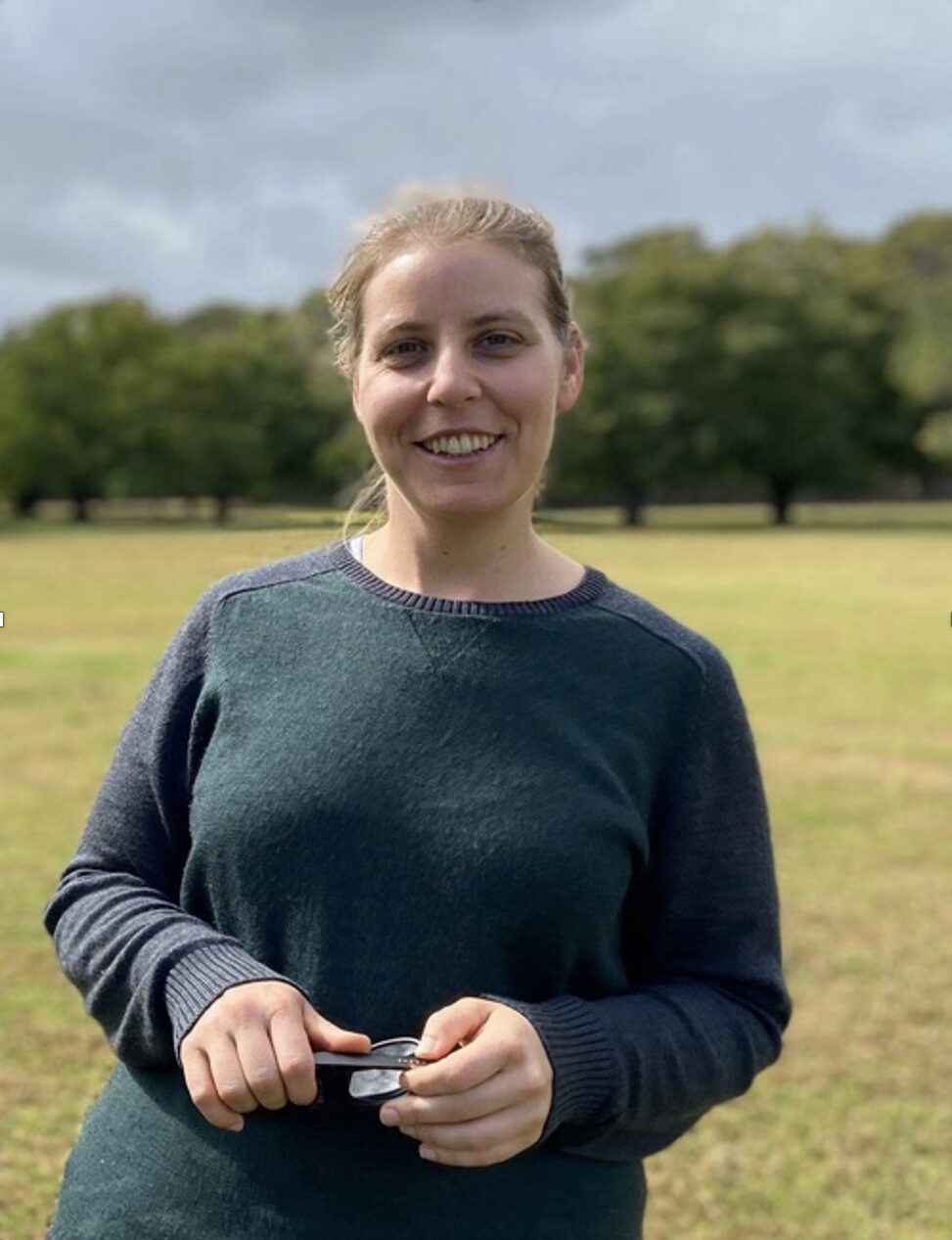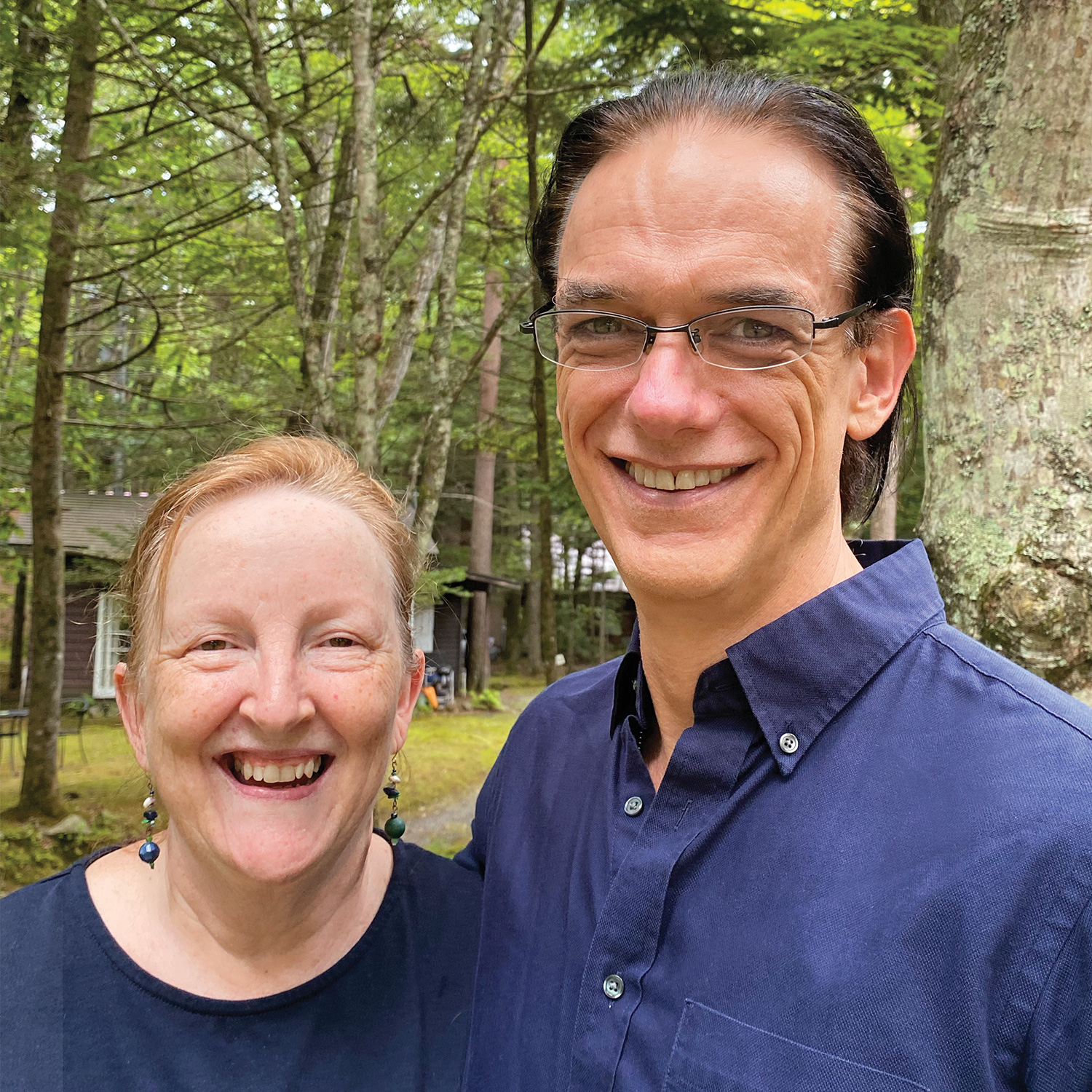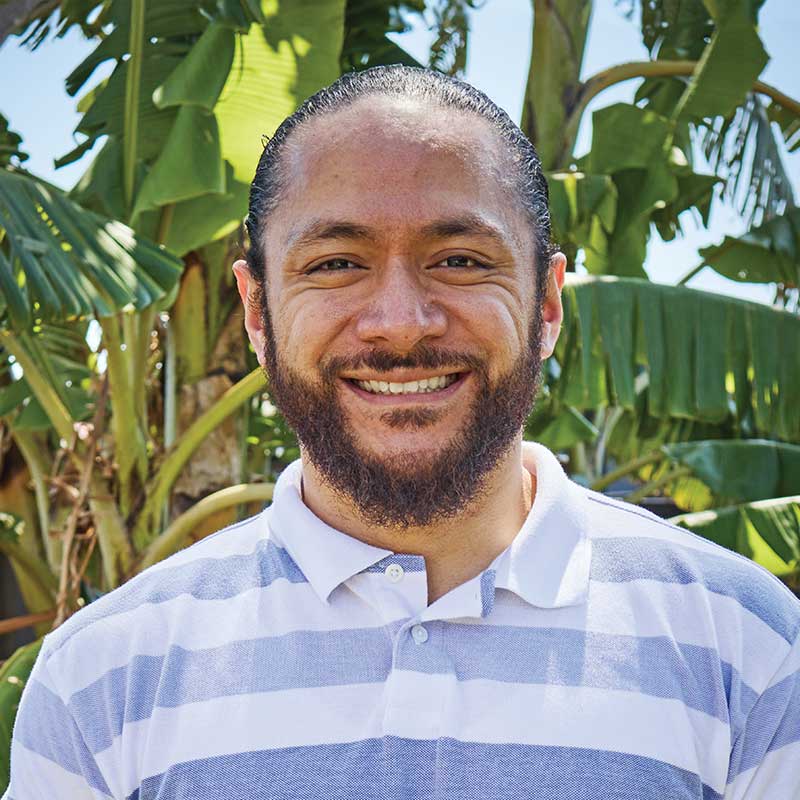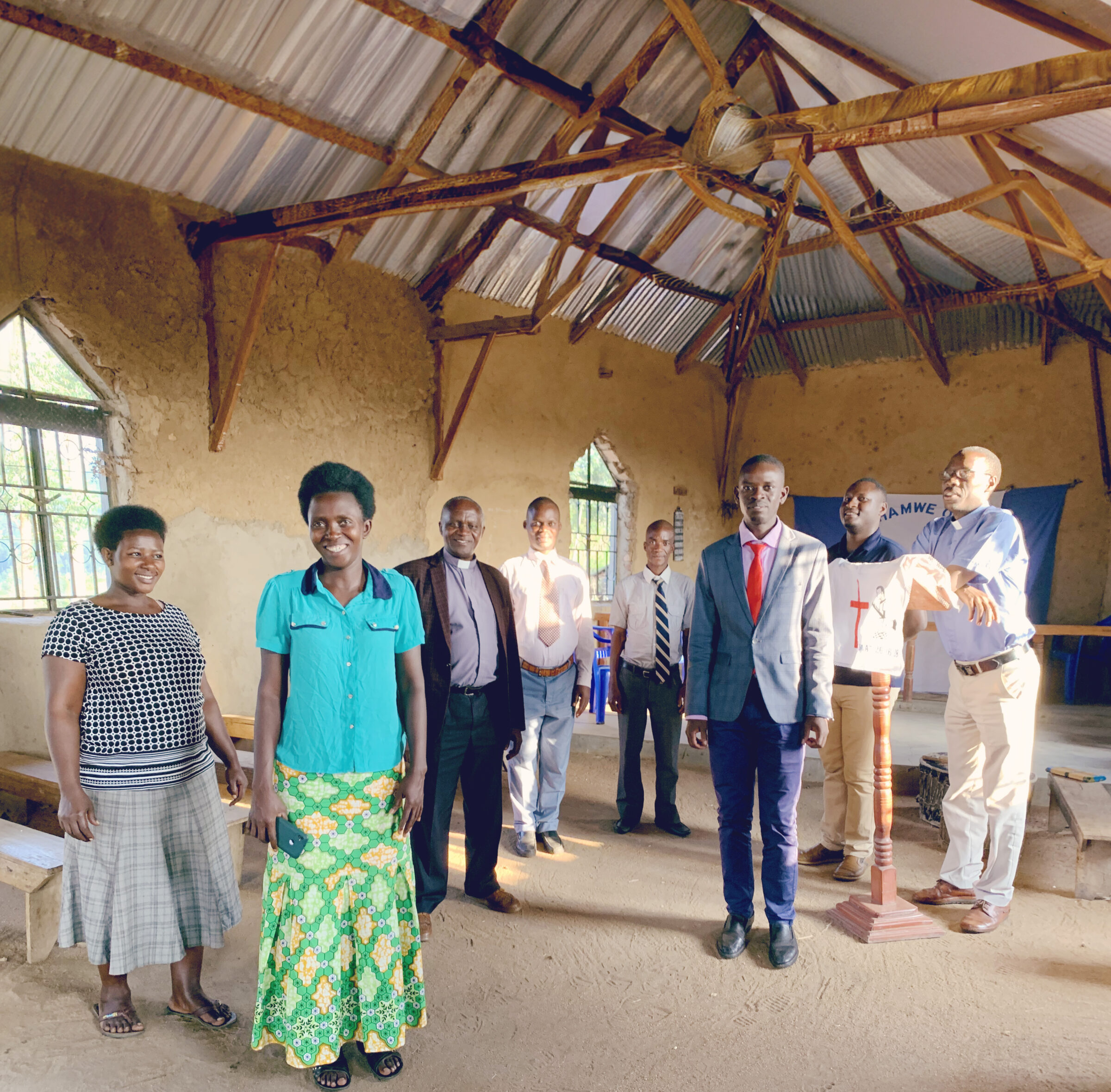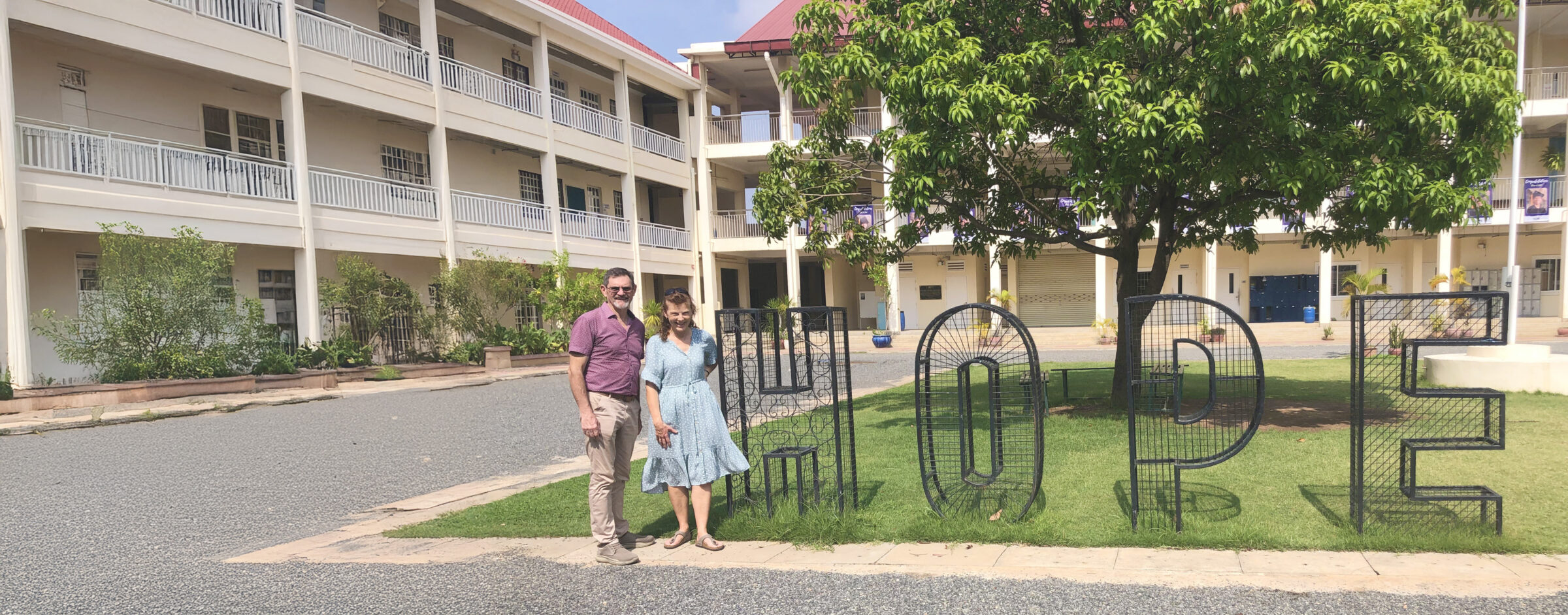Why train?
CMS NSW & ACT General Secretary Malcolm Richards looks at how the Bible teaches us to train people who teach the gospel, and helps us understand how this impacts the mission of CMS.
“And the things you have heard me say in the presence of many witnesses entrust to reliable people who will also be qualified to teach others.” 2 Timothy 2:2
A central point in the CMS Vision, A world that knows Jesus, is our commitment to ‘Equipping leaders for church and society’. CMS has been committed to sending missionaries to train leaders in our partner churches around the world for many years. This training happens in all sorts of ways from formal theological education in Bible schools and theological colleges, through to distance education, seminars and mentoring. Missionaries have worked in all sorts of physical conditions to make this happen—modern buildings, mud huts or sitting on the grass with a group under a tree.
We long to see strong healthy churches led by competent godly leaders. We also want to see training of leaders carried out by the local church for the local church. This leads CMS to send missionaries to ‘train the trainers’: to work towards making ourselves redundant, and do ourselves out of a job!
The Bible on ‘training the trainers’
The apostle Paul teaches the Ephesian church about God’s plan to produce healthy churches. In this plan, the saints are equipped for the work of ministry and the whole church is built up and matured so that it is ‘no longer tossed to and fro by the waves and carried about by every wind of doctrine…’ (Ephesians 4: 11-14).
The foundation of this plan is the work of the Spirit of Christ as he sends gifts to the church in the form of apostles, prophets, evangelists, pastors and teachers. It is important to note that the work is carried out by faithful people who use their God-given gifts for the building up of the church.
Strong leaders—those capable of bringing the whole of their flock to maturity and capable of training others in the work of ministry—don’t just appear out of thin air! They are the product of other godly men and women who have invested in the next generation of leaders, using their God-given gifts over many years.
The classic verse that speaks to this work is 2 Timothy 2:2, quoted at the top of this article. In that verse we see how this principle of handing on the gospel (both content and ministry practice) happens through multiple generations of Christian leaders: Paul teaches Timothy who teaches ‘reliable men’ who are then qualified to teach others- four generations of Christian leaders just in this one verse.
The apostle Paul, too, did not just appear out of thin air. He did not invent the concept of ‘training the trainer’! In the letter to the Galatians, Paul explains that the gospel he preached was revealed to him directly by the risen Lord. Along with that, Paul benefited from the investment of other Christians in his life who discipled him until he was ready to take his place as a church leader and a trainer of others. In Acts 11:25, we read that Barnabas (Joseph of Cyprus, later nicknamed Barnabas meaning ‘son of encouragement) travelled to Tarsus and brought Paul back to Antioch. There they worked together for a year before being sent by the elders to Jerusalem. It seems that during all that time Paul was doing an apprenticeship under Barnabas before they set out together on their first missionary journey with Barnabas in the lead.
In the gospels, Jesus is the first ‘trainer of trainers’ in the church of which he becomes head through his resurrection. Jesus chose 12 of this large group of followers for his inner circle. Of these 12 he then chose Peter, James and John as his closest companions—his closest trainees. Before he died and then returned to the Father’s side he had a whole body of instruction that he needed to impart. The necessary instruction course intensified in the days leading up to his death as they travelled together towards Jerusalem and the waiting cross. After his resurrection and in the 40 days before his ascension he continued this instruction, teaching them about the Kingdom of God (Acts 1:3) and opening their minds to understand the Scriptures and interpreting to them in all the Scriptures the things concerning himself (Luke 24: 27, 45).
It’s wonderful to see this chain of events unfold in the New Testament. Jesus taught the first disciples who taught others, including Barnabas (Acts 4: 36-37) who became part of the first church in Jerusalem. These Jerusalem Christians were scattered across the known world by the persecution of Christians in Jerusalem. Barnabas was also sent by the church in Jerusalem to Antioch and he tracked down Paul and invested in him.
And so it has continued since the days of the early church: faithful men and women, equipped by the Spirit, investing in the lives of others so that they in turn might become trainers of other trainers. We stand in this legacy and believe that we who have been discipled by others must ourselves take our places as trainers of the trainers so that the gospel can indeed go to the ends of the earth. That is Jesus’ plan for both the proclamation and the protection of the Gospel until he comes again.
What this means for CMS
CMS is both gospel-focussed and Bible-based. We deliberately take these biblical principles about training the trainer and apply them to our ministries. But each situation has different challenges.
In the Middle East Tim has been working at a theological college for 10 years. When he first started there were few qualified local teachers and he felt (uncomfortably) like the expert. Now 10 years later the faculty has a majority of local staff with almost all having completed their initial training under him. In fact, this local faculty raised up under him now have higher qualifications than he does! Stan is a new member of faculty from CMS and will work alongside these local leaders.
In the middle of the jungle in DR Congo, Elizabeth and I were involved with a group of local pastors in setting up a new Bible school for the Anglican Diocese of Kindu. We were only in that location for six years and in that time the Bible school was established with buildings, a new syllabus and a local faculty. It was hard work establishing a functioning Bible school in a country where little else functions effectively. Eight years later, following our departure, Berea Bible School is still functioning and has trained over half the current clergy and other church workers in the diocese. Since we left CMS has been unable to find anyone else to go, so all the teachers are home grown.
In Chile, CMS has sent many missionaries over the years to the Centre for Pastoral Studies (CEP) in Santiago. Currently we have Michael and Jo Charles, Gary and Julie Haddon and Francis Cook serving on the faculty. God has blessed this ministry and has produced many fine gospel workers for the church in Chile. Many graduates are effective pastors, while others have successfully planted churches. The effectiveness of CEP is a major factor in the church in Chile now becoming a separate Anglican Province with 4 dioceses. However, the other task of raising up local teachers for the college has been a slower process with many disappointments along the way. Praise God that we now have Cristobal Cerón, a Chilean Christian, now in place as the Principal of CEP. We are praying for more Chileans to join him on faculty.
CMS is in for the long haul
Things don’t always go as planned. People rightly ask, if CMS has been sending people to the same places around the world for years now, then why isn’t the local church self-sufficient for its training needs?
It is a fair question, because in human terms our plans have not always been successful. We want to raise up local Christians who will train others. However, sometimes the wrong people have been chosen to send for further training who later have either then left the church or been found to be inappropriate for leadership. On other occasions people, once trained, have left the training sphere to become denominational leaders. Some have bowed to family pressure and have used their new qualifications to find better paid secular employment. In other places the church is not mature enough to produce appropriate leaders or the church leadership is not mature enough to understand the importance of investment in training its own leaders.
However, having a firm belief in the biblical principles involved, CMS is in this for the long haul! We are committed to standing alongside our partner churches for as long as necessary until we have truly done ourselves out of a job and our partner church has confidence that they can go it alone.
Many of our missionaries continue to be sent as trainers of trainers with the aim of equipping leaders for church and society. Will you partner with them so that Christ’s plan for healthy churches to take his gospel to the ends of the earth can continue?
Go
Do you have experience in Bible teaching and training? Check out opportunities for you here.




























